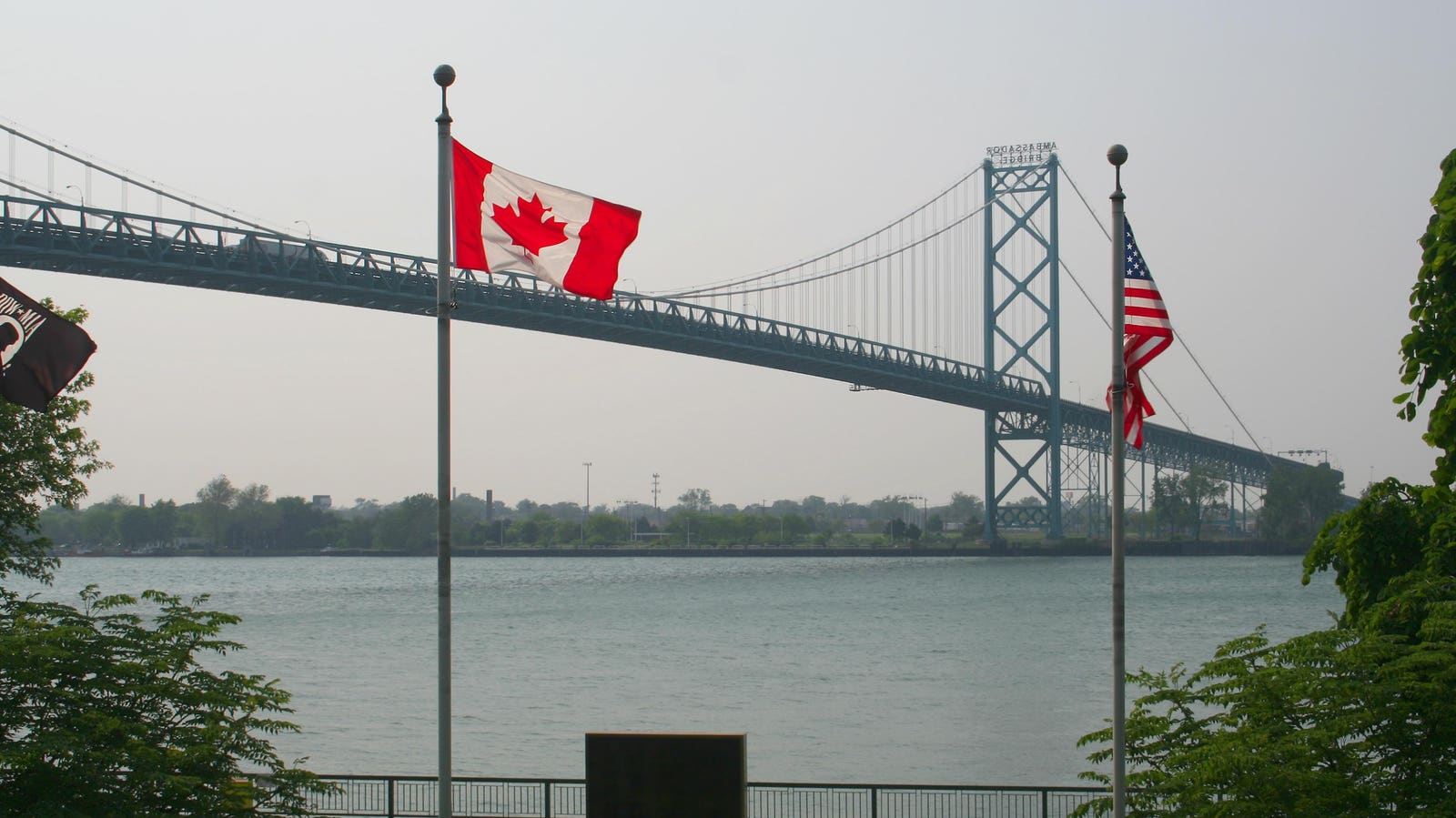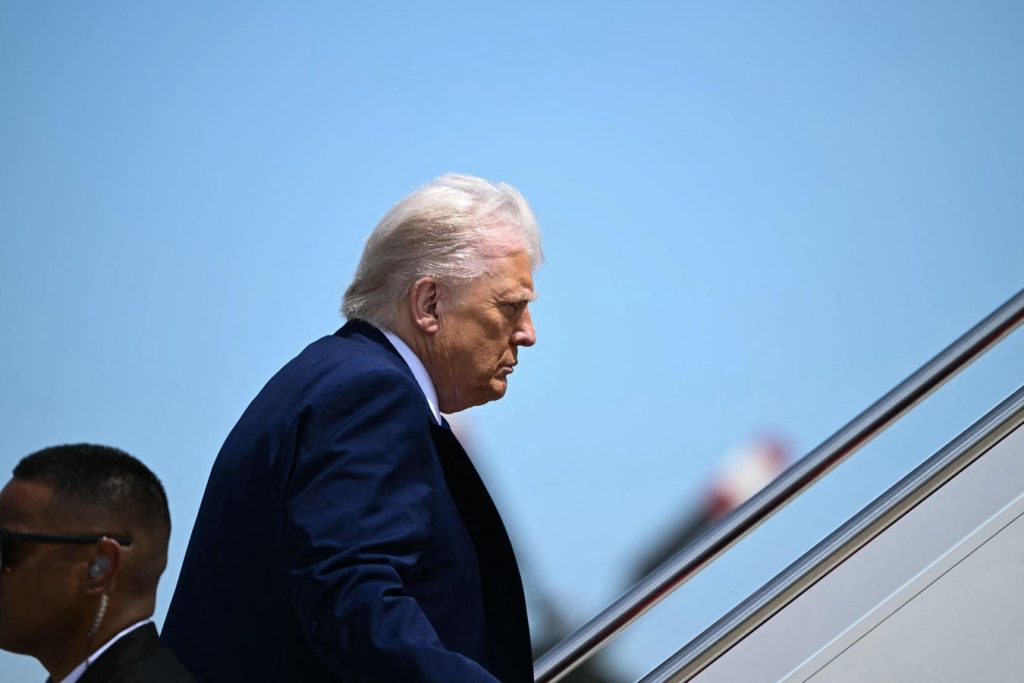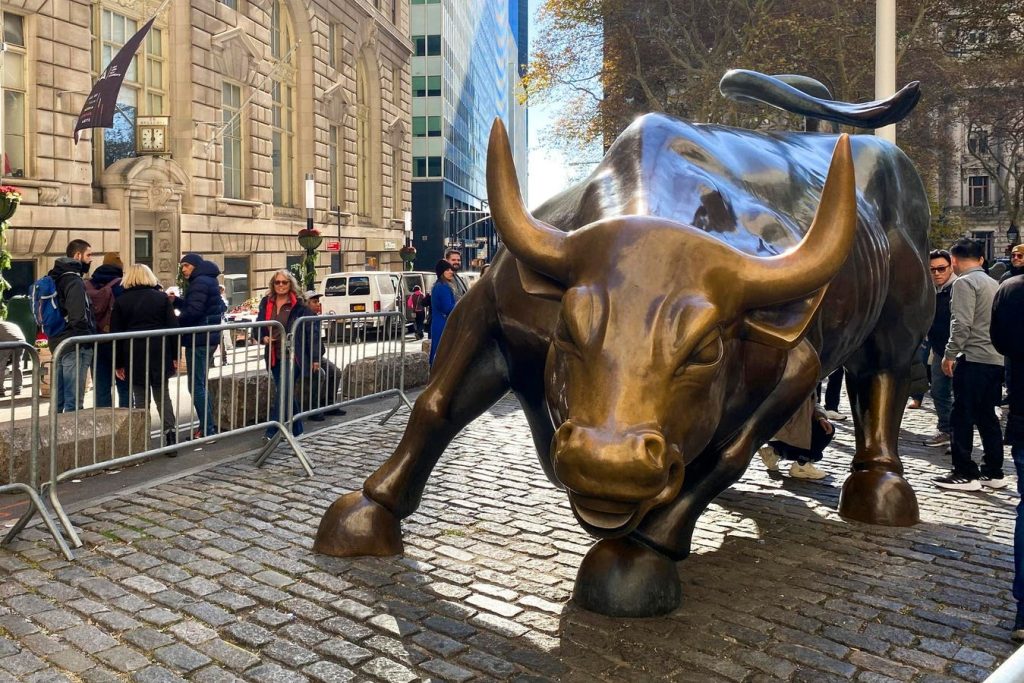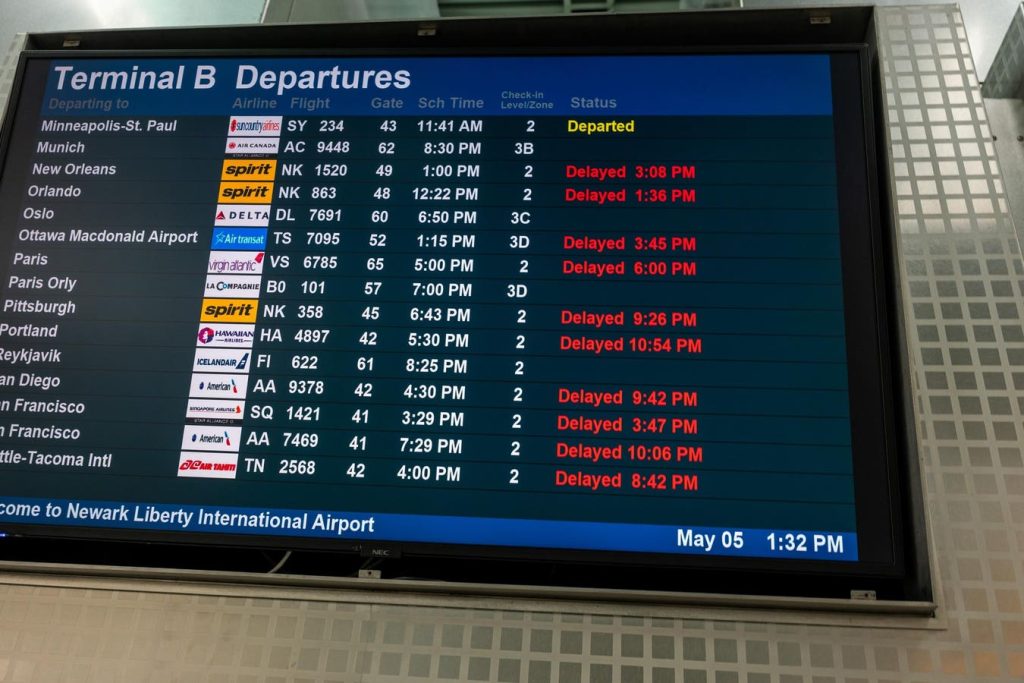Topline
The Canadian boycott of U.S. destinations intensified in April—with 35% and 20% year-over-year drops in car and air travel, respectively—setting up a potential economic loss to the U.S. of $7.4 billion this year.
The Ambassador Suspension Bridge linking Detroit, Michigan and Windsor, Ontario is seeing fewer … More Canadians these days.
Key Facts
The number of Canadians taking road trips into the U.S.—representing the majority of Canadians who visit—dropped by 35% last month compared to April 2024, according to new data from Statistics Canada.
There was also a 20% decline in air travelers from Canada compared to April 2024.
It was the fourth consecutive month of steep declines in inbound Canadian travel, following 32% and 23% year-over-year drops in car travel and 14% and 2.4% drops in air travel to the U.S. in March and February, respectively.
The U.S. Travel Association (USTA) warned that even a 10% reduction in Canadian inbound tourism could translate to $2.1 billion in lost spending and 140,000 jobs jeopardized in the hospitality and related sectors.
Fewer Americans traveled to Canada in April, with car travel down 11% and air travel down 6%, per Statistics Canada data.
Key Background
Following back-to-back years of strong growth in inbound tourism, the U.S. is seeing a precipitous drop in international visitors so far in 2025. Canadians comprise the single largest cohort of foreign inbound tourists to the U.S., accounting for about a quarter of all foreign visitors, according to the U.S. National Travel and Tourism Office (NTTO). The next biggest market is Mexico, which sent 23% fewer air travelers to the U.S. in March compared to the same month last year. In March, the number of inbound tourists also dropped year over year from nearly every region of the world, including Europe (down 17%) the Caribbean (down 26%), Central America (down 24%), South America (down 11%), Africa (down 10%), Oceania (down 8%) and Asia (down 1%), according to NTTO’s data. The USTA calculates that for every 1% drop in international visitor spending, the U.S. loses $1.8 billion in export revenue annually. If the downward trend continues, the country stands to lose at least $21 billion in travel-related exports.
What Is Driving The Canadian Travel Boycott Of The U.s.?
The call to avoid traveling to the U.S. began in early February after President Donald Trump announced tariffs were coming and began referring to Canada as “the 51st state.” Then-Canadian Prime Minister Justin Trudeau told Canadians not to vacation south of the border, and repeated that call to action through April, when he left office. Another reason, according to Canadian news outlets, is fear of being wrongfully detained by U.S. immigration authorities.
Tangent
Travel companies—from booking platforms to airlines to hotels—have noted Canadians are still traveling, though they are avoiding the United States. “Canadians are traveling less to the U.S., but we see them more traveling to Mexico at this moment,” Glenn Fogel, chief executive officer at Booking Holdings, told investors in the company’s first-quarter earnings call, adding, “We are agnostic to where [Canadians]
are traveling because usually they’re spending the same amount, just at another destination.” Framing the phenomenon as “a flyover,” Hyatt chief executive officer Mark Hoplamazian told Wall Street analysts this month the company saw “a bit of a cascade out of some U.S. resorts” for Canadian travelers in favor of all-inclusive resorts in places like the Bahamas, where “Canadian travelers are basically adding a boost to overall results in Q1.” And Airbnb chief financial officer Ellie Mertz told investors, “We see Canadians are traveling at a much lower rate to the U.S., but they’re traveling more domestically, they are traveling to Mexico, they are going to Brazil, they’re going to France, they’re going to Japan… they are just choosing different destinations.”
Big Number
$20.5 billion. That’s how much Canadian travelers spent in the U.S. in 2024. To put that number into context, it’s nearly double the $10.4 billion Americans spent at McDonald’s last year.
Further Reading
U.S. Now ‘Flyover’ Country For Canadians—Who Are Traveling To Mexico, Caribbean Instead (Forbes)












